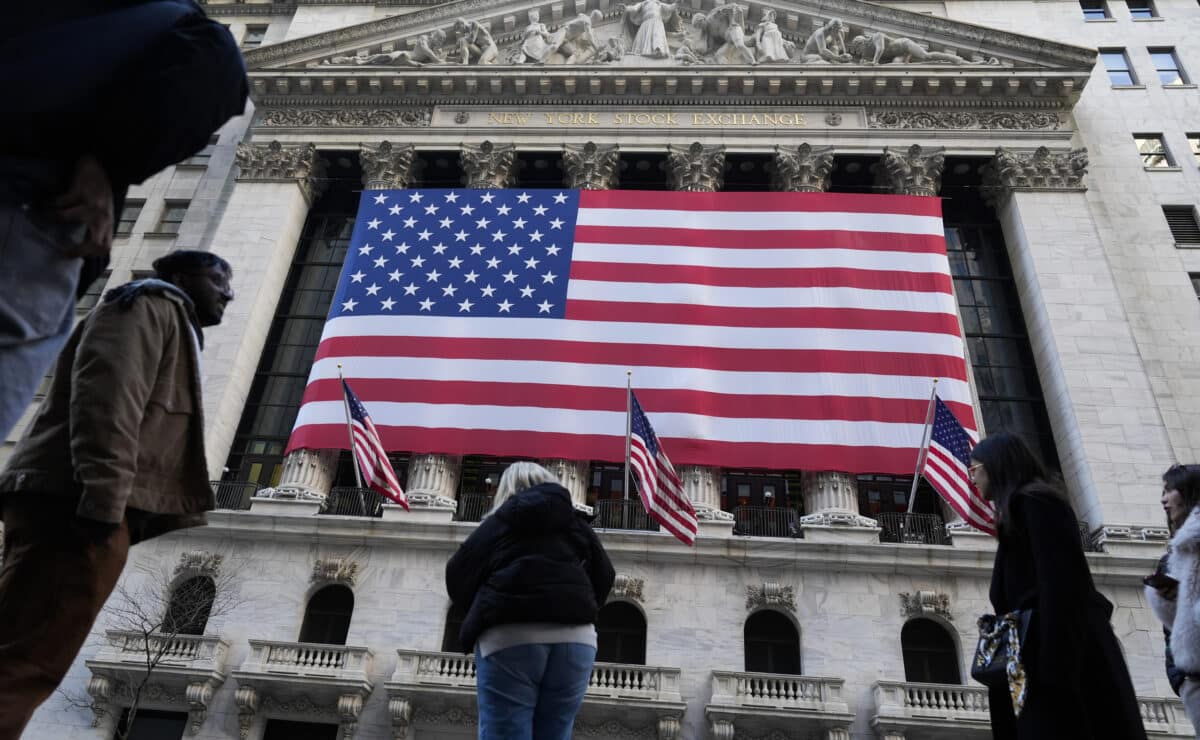Labourers in Thailand are enjoying lower debt repayments this year even though their overall debt levels have risen substantially, according to a survey by the University of the Thai Chamber of Commerce (UTCC). Thanavath Phonvichai, president of the UTCC, said the survey of Thai labourers earning less than 15,000 baht per month found their debt repayments had declined. Conducted between April 19-25, the survey had 1,250 respondents.
The average household debt increased from 344,522 baht in 2024 to 432,318 baht, but repayments are lower because less of the burden is informal debt, which tends to carry higher interest rates. Labourers' total debt this year is split between 82.9% formal debt and 17.

1% informal debt. The average monthly debt repayment fell from 9,295 baht in 2024 to 8,407 baht, a decline of 888 baht. Respondents reported increased savings as the economic downturn caused many to spend cautiously and avoid taking on new debt.
However, concerns remain over the broader Thai economy, particularly due to potential risks associated with tariffs by US President Donald Trump. The proposal to raise the daily minimum wage to 400 baht across the country is viewed as a possible risk, as it may raise unemployment rates and lead to greater reliance on migrant workers, escalating living costs and causing uncertainty among employers about the economic landscape, the survey found. Employers remain uncertain about global economic developments and how wage increases may affect production costs, according to the survey.
The UTCC estimates a 1% decrease in GDP could translate to a 0.1-0.2% uptick in the unemployment rate, while wage hikes of 5-10% might push employers towards automation, further increasing job losses.
The survey projected monetary circulation of 2.19 billion baht during the Labour Day holiday, a 3.2% rise from last year.
Mr Thanavath said the US reciprocal tariff policy should become clearer by the end of May. If a 10% tariff on Thai goods is imposed, economic growth could decline by 0.5 to 1 percentage points from the baseline projection, while a 36% tariff might restrict GDP growth to 1.
5-2%, he said. Mr Thanavath said lower GDP growth could lead to a rise in non-performing loans and reduced labour income. "The Monetary Policy Committee's meeting today should prioritise reducing the policy interest rate to foster economic support, as suggested by the International Monetary Fund.
Delaying this decision until the June meeting would be too late to effectively stimulate the economy," he said. Mr Thanavath also urged the government to implement targeted strategies, emphasising job creation over cash transfer schemes, which seem inappropriate for the economic climate and uncertainty about US tariff policies..
Business

Labourers' debt soars, but repayments fall

Labourers in Thailand are enjoying lower debt repayments this year even though their overall debt levels have risen substantially, according to a survey by the University of the Thai Chamber of Commerce (UTCC).













